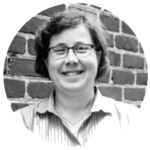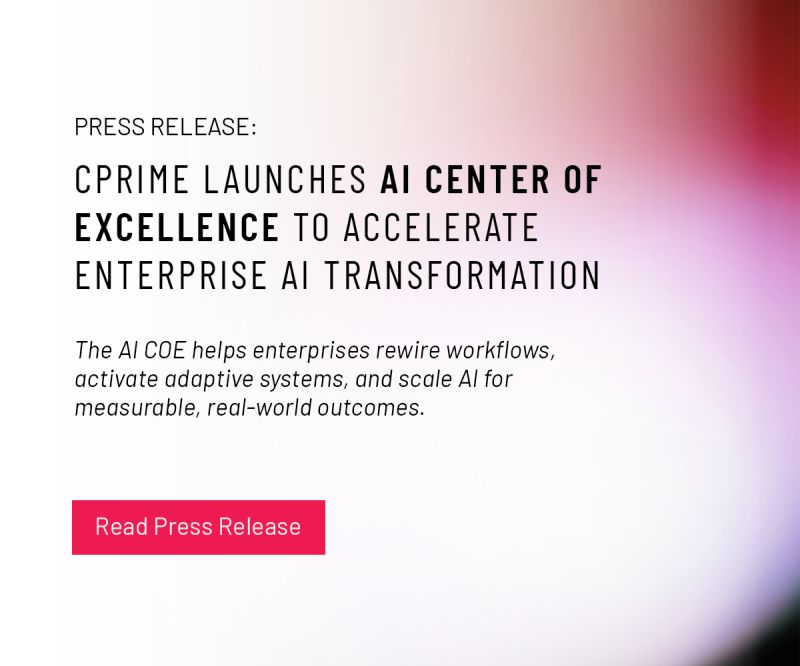How to Make the Transition to a New Career
I’ve seen a number of individuals make transitions to new careers through all walks of life. Heck, I’ve seen English and History majors excel at IT consulting and end up being great senior IT executives!
It can be done just like Ray Kroc started McDonalds in his early 50s. Nothing is ever too late.
Will it be harder the older you get? Probably. Likely.
It comes down to your determination, discipline, and a bit of luck. Most importantly, it comes down to your mindset. Do you have a growth mindset? Individuals who believe their talents can be developed (through hard effective work, good strategies, and input from others) have a growth mindset.
So let’s say you have all of the above. (And yes, even luck can be molded by putting yourself in more and more situations to where it statistically increases your chances to meet that person or opportunity that gives you that role you desire) Let’s talk about three key tactical strategies and steps I usually recommend to folks so that you can start your transition to a new career:
Network.
Often times, it is not about what you know but who you know. Many people have the skills to do the job but do they know the people to get in there? You can even try writing it in an OKR (objectives and key results) format to break it out in quarterly fashion what are your objectives and key results in order for you to transition to a new career. For example:
Objective: Build a Local Network In New Industry I Desire
Key Result: Join 5 industry meet-up groups.
Key Result: Attend a total of at least 15 various networking events
Key Result: Make 30 new LinkedIn connections
Key Result: Have at least one meaningful follow-up conversation to all new connections outside of the networking event itself
Key Result: Meaningfully connect with 5 recruiters in this new industry
Read and Learn.
Everything related to this new career. Knowledge is free and everywhere particularly in the digital age. Many people simply don’t read. Make the time to do so because every successful person I’ve ever met spends time reading every week. It is that discipline to make time out of your busy schedule to spend 10-20 minutes reading daily. Let’s write it again in an quarterly OKR fashion.
Objective: Absorb concepts to gain knowledge
Key Result: Subscribe and read 3 industry online sources. Did someone say RSS feeds?
Key Result: Read 4 books in this industry
Key Result: Join and complete 2 classes in Coursera / online training
Key Result: Sign-up at least 1 in-person night course at your local college / community college / extension program (or simply sign-up for an extension program)
Apply What You Know.
You can talk to people, read about it in a book but until you apply it to the real world it won’t really stick. You can’t prove to yourself that you can do the job and theory vs. complex real-world are very different things.
Objective: Apply concepts to do the job
Key Result: Work with my new industry connections and every week consistently talk through a real-world example and apply what I learned. What would I do in that situation?
Key Result: Do at least 1 pro bono consulting gig applying your newfound knowledge. Go on craiglist or Taproot and find opportunities where you can practice in a safe environment!
Key Result: Prepare 1 talk and teach at least 10 others. Yes, teach others. The best way to know if you truly know something is to teach others. To simplify something complex into concepts that another human being can understand and possibly apply is the true indicator of understanding.
Now do all of the above but do it consistently across at least 6-8 quarters. You’ll be amazed at how far you’ll get – and that’s without paying for an expensive MBA or new technical degree!
So what are you waiting for?

